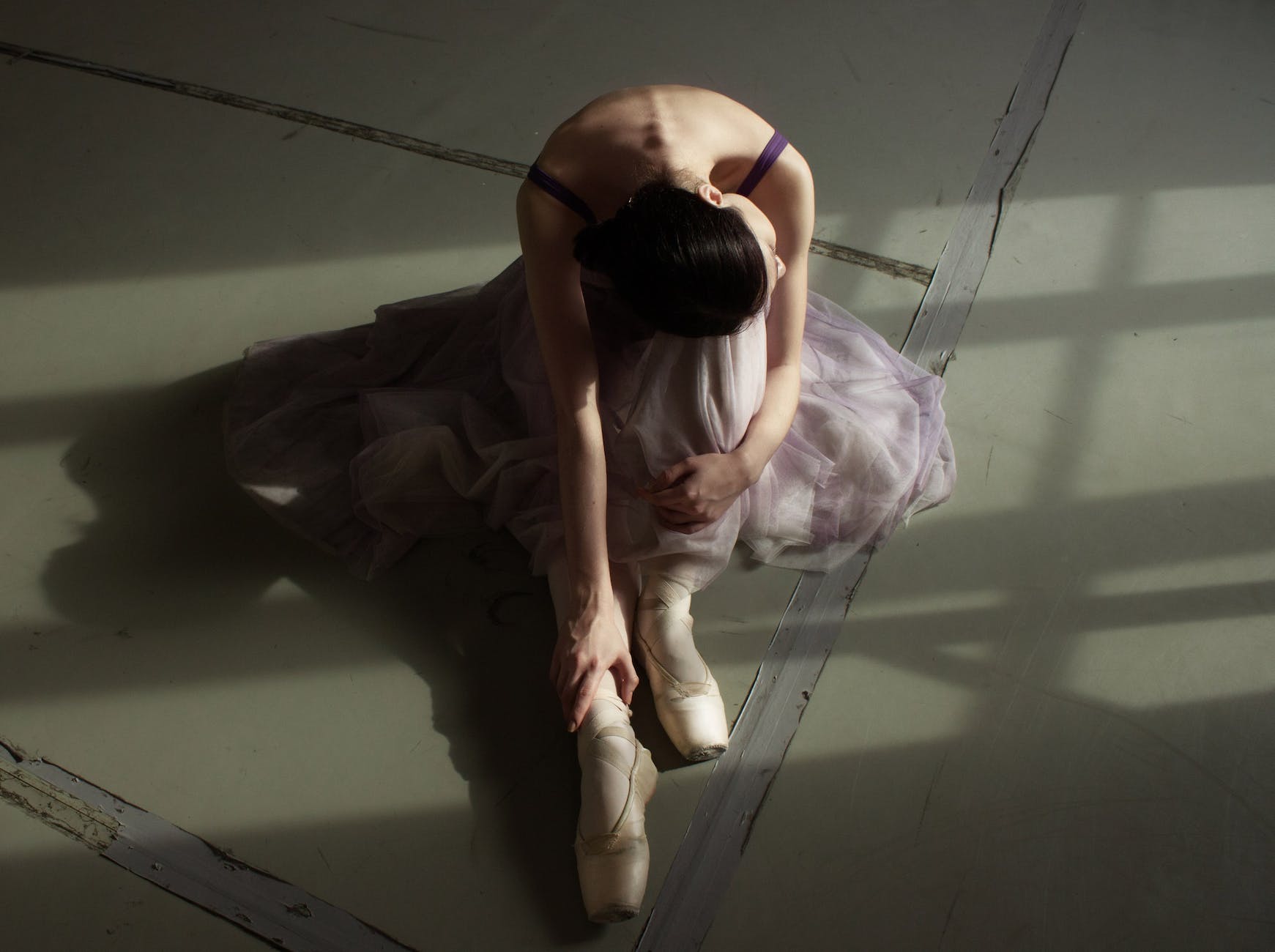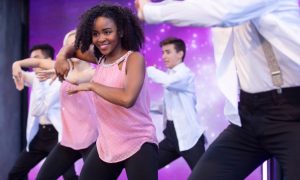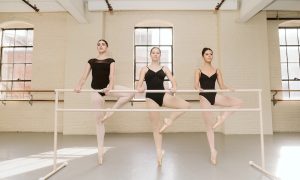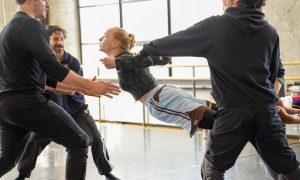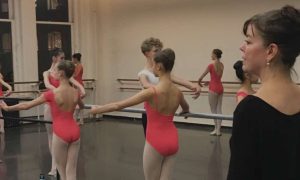Being that dance floors are a large investment, you want some assurance that it’s going to last. How long should your dance floor last before you have to replace it? It really depends on what you’re using it for, how often the floor is used, and the materials or kind of flooring you have. Based on that criterion, Marley dance floors should last between five to 15 years, and wood dance floors 15-20 years.
The lifespan of wood and Marley flooring
As mentioned above, most dance floors have a life expectancy of five to 15 years, with 10 years being the average. Around the 10-year mark, the plasticizer in Marley flooring begins to break down. This makes the floor more brittle and subject to shrinking and cracking.
Wood will last much longer than Marley flooring. While you can expect about 20-20 years out of your wood floor, you also must compare the cost of purchase, installation and maintenance to determine your flooring costs per year. Marley costs less to install, maintain and replace than wood.
Factors that impact a dance floor’s longevity
There are a few factors that contribute to how fast your floor ages. One of the key factors that impacts the lifespan of a dance floor is use — how it’s used, where it’s used and how often it’s used. Dance styles that use a softer shoe won’t have the same wear impact on a dance floor as street shoes, heeled shoes or tap shoes.
A dance floor that is used five hours a week will last longer than one that is used 50 hours a week. Furthermore, if your studio brings in 500 people throughout the week, that floor might need to be replaced much faster than a small studio with 100 students.
Mistakes made during installation can shorten the life of your floor. Make sure that you read the instructions completely when installing your Marley floor. If you have trouble, call the manufacturer or bring in a professional.
Other factors that impact a dance floor’s lifespan include:
- Spillage – water, juice and coffee can damage Marley and leave stains. Be sure to clean up messes immediately.
- Loose screws in Irish and tap dance shoes can leave scratches and punctures in your flooring.
- Debris from outdoors can scuff and abrade the floor surface.
- Cleaning practices and the cleaning supplies used are important. Make sure you are using the correct maintenance plan for your floor.
- UV radiation from sunlight shortens the lifespan of vinyl.
- Bleach, solvents, alcohol and abrasive cleaners also shorten the lifespan of Marley flooring.
- Improper transportation, handling and storage of flooring can damage the ability of the floor to lie flat over the subfloor.
- Wood floors can be damaged by water from flooding or from a leak. Unfinished wood is subject to damage by too much, or too little, moisture in the air.
Tips to sustain your dance floor
If you are aware of the issues that damage floors and shorten their lifespan, you can act to limit those factors. Doing so will extend the life expectancy of your wood or Marley floor. Put the following tips to practice, so you can get the most out of your dance floor.
Be sure to have a maintenance plan. Maintenance is crucial and should be done on a daily, weekly, monthly and bi-annual basis. This includes daily dry mopping, weekly wet mopping and bi-annual deep cleaning with a floor cleaning machine.
- Use Stagestep’s FloorShield II™ finish, which coats both wood and Marley with a protective barrier.
- Have your students maintain their shoes. Inspect tap and Irish step shoes for worn or serrated edges and loose nails.
- Create a studio procedure that everyone follows. Students should only put on and take off their dance shoes within the studio and not wear their street shoes on the dance floor.
- Place entrance mats outside of the studios to get rid of debris on the bottom of shoes.
- Enforce no food or drink (except water) in the studio.
- Use temperature controls for the studio to regulate humidity.
- Limit the floor’s exposure to direct sunlight (UV radiation).
How long should your dance floor last before you must replace it? When you follow good cleaning practices and maintain your floor, you can expect your Marley dance floor to last five to 15 years and 20-25 years for wood. While some floors may last twice as long, the lifespan depends largely on how well the floors are maintained and how often the studio is used.
If you have any issues with your dance floor or think it’s time for a replacement, contact Stagestep for more information.


